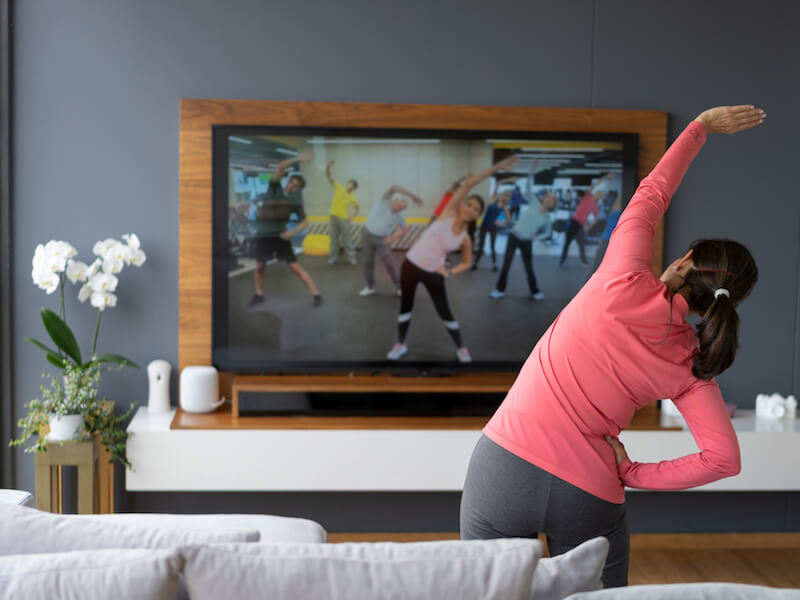
There’s a very basic message for anyone struggling with hearing loss: Use hearing aids.
Why? A recent study found that people were less likely to develop health problems such as depression, anxiety, dementia, and dangerous falls if they began wearing hearing aids within three years of being diagnosed with hearing loss. While these health problems aren’t proven to be prevented by hearing aids, fewer health problems have been linked to their use. The study reveals that seniors who wore hearing aids had a 13% less likely chance of having a hazardous fall. They also had an 18% less likely chance of developing dementia and an 11% less likelihood of developing anxiety and depression.
Refrain From Making Excuses
If these figures seem low to you, it’s significant to remember that your health is at stake, and every little bit counts. Prior research has shown a connection between hearing loss and other serious health problems, but this study proved it’s an ongoing, worsening issue. But many people who have hearing loss don’t have it treated or ever use hearing aids. Why not? For many, the lack of insurance coverage is a problem. And the cost may still be too high even for those who have insurance.
Others go through the motions, getting fitted for hearing aids and bringing them home only to leave them in the case because using them seems like too much of a hassle. Many people don’t view hearing impairment as a major concern because they can turn up the TV volume to solve the problem.
While it might seem like hearing loss is unavoidable as you age, there’s more to it than that, and cranking up the volume is not the best solution.
Healthy Hearing is Vital
Hearing is obviously a big part of communication. If your inability to communicate causes you to miss an important instruction by your physician or direction by a family member, that’s an issue. Consequently, communicating your concerns and symptoms will be a challenge.
Other issues associated with a lack of reliable communication are less obvious. When you strain to hear and follow a conversation on the phone, you might lose touch with some of the people in your support system due to frustration or embarrassment. Not being able to hear might even lead to less brain stimulus, and we all know that exercising your mind can help combat dementia.
Hearing Aid Advantages
Extreme long-term challenges aren’t all that wearing hearing aids is about. Your long term outlook will certainly improve but hearing aids will immediately improve your quality of life. You will have a more gratifying social life and feel less isolated if you can hear and take part in conversations. When you can communicate intelligibly with your physician, you can effectively share the health concerns you are experiencing and comprehend your doctor’s treatment plan to decrease your anxiety even more.
Do I need hearing aids? If you are dealing with any of the following symptoms, the answer is yes:
- Turning the volume of the TV up very high
- Asking others to repeat what they said constantly
- Being so afraid you won’t be able to follow conversations, you avoid social interaction
- Trouble hearing the person you’re speaking to if there’s background sound
These and perhaps other symptoms may be an indication that it’s time to think about getting a hearing aid. If any of them sound familiar, ask us if a hearing aid might be right for you.
